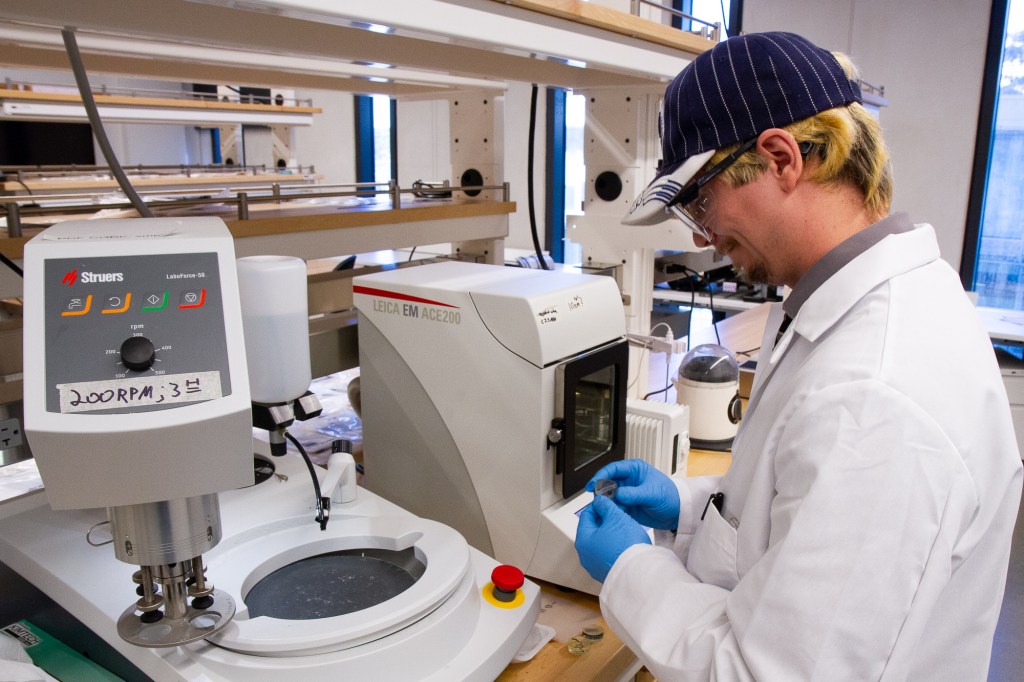We know there are challenges for companies when they launch new research or innovation projects. Is there budget for the resources you require? Do you have the knowledge and expertise in-house? If not, where do you find them?
Well, the talent you need is out there, in universities and on college campuses across the country. And Mitacs has an extensive network throughout Canada’s innovation ecosystem — connections that can help you achieve your innovation goals — as well as funding opportunities to assist you in leveraging your budgets.












































































































































































































































































































